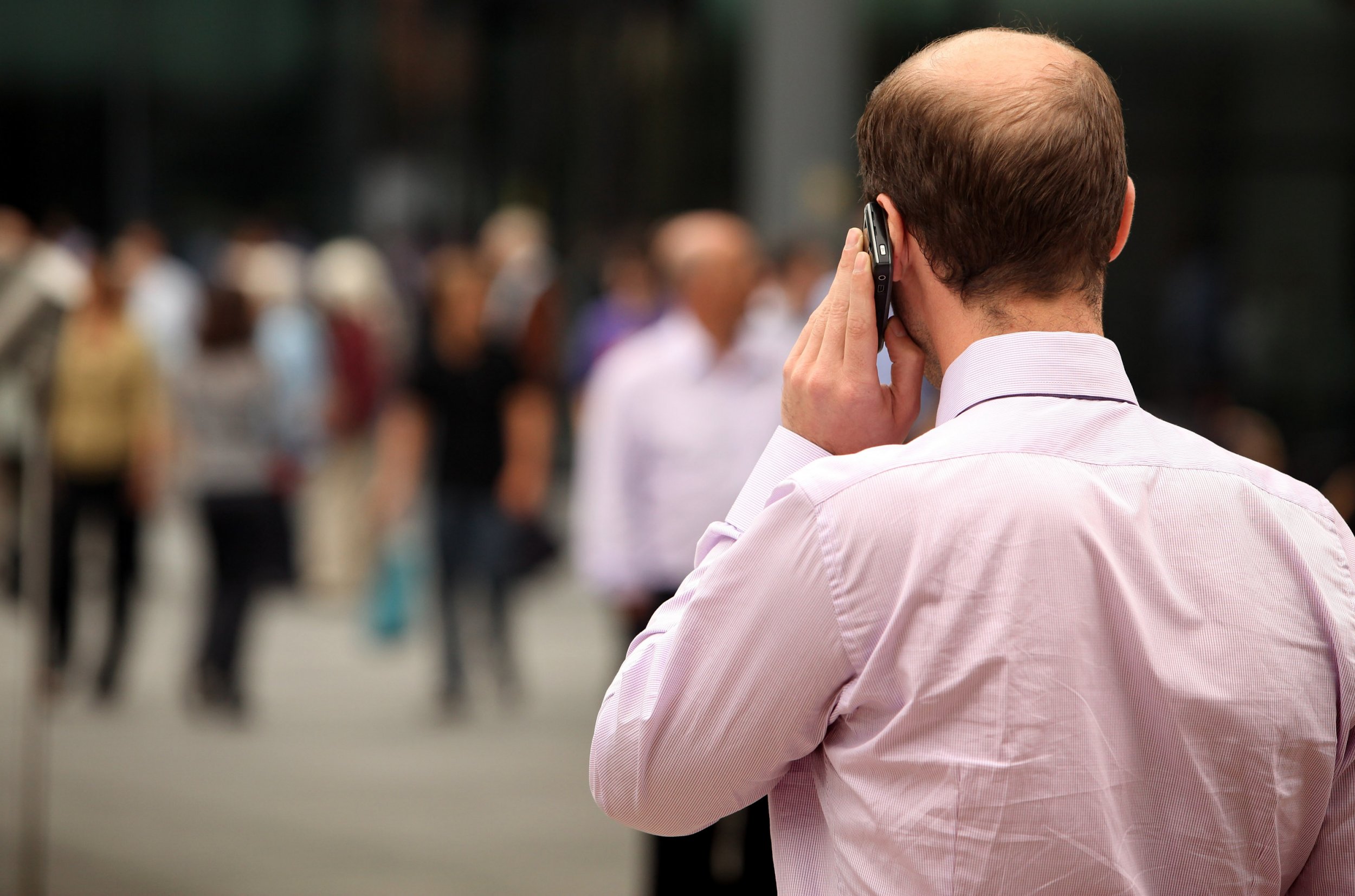
The California Department of Public Health released new guidelines Wednesday with suggestions about how to lower exposure to cellphone radiation. The guidelines, in general, suggest keeping cellphones at a distance—whether you're using them or not. However, many are criticizing the guidelines' release, noting that there is very little evidence to support the idea that cellphones might cause problems for human health.
Specifically, the guidelines suggest "keeping the phone away from the body," "reducing the use of cell phones to stream audio or video, or to download or upload large files," and "keeping the phone away from the bed at night. (The FDA has also made similar suggestions in the past.)
Undercutting those suggestions just a bit is this acknowledgment from the California Department of Public Health: "Although the scientific community has not reached a consensus on the risks of cell phone use, research suggests long-term, high use may impact human health."

One study found an association between cellphone use and one particular type of cancer, called an acoustic neuroma; however, when more data was collected, that association disappeared. Other studies, each including more than 350,000 people in Denmark followed for decades, also found no association. A study done in mice did find a modest link, but was widely critiqued. Finally, an analysis of American mortality data didn't see a spike in brain cancer deaths, despite a massive increase in the use of cellphones between 1992 and 2006.
As Geoffrey Kabat, a cancer epidemiologist at the Albert Einstein College of Medicine, noted in an article for Forbes, the guidelines are being released due to a court case filed by a professor at the University of California, Berkeley.
Wait… is this for real? California what are you doing https://t.co/wUGNbP7sDW
— Joe 😷 Hanson (@DrJoeHanson) December 18, 2017
One key reason that people are skeptical about any purported health impact of cellphones is because the radiation energy associated with cellphone use is relatively weak. All kinds of radiation—which includes light, radio transmissions and microwaves—are made up of waves with different energy levels. These energy levels are related to the radiation's wavelength.
Some kinds of radiation, like X-rays and gamma rays, have wavelengths that mean they've got enough energy to force electrons to break away from atoms; the technical term is that these are sources of ionizing radiation. Sources of ionizing radiation are thought to be associated with cancer because they can cause DNA damage, according to the the National Cancer Institute. But the kinds of radiation used in cellphones is not ionizing radiation. If cellphones are linked to cancer, then, it's probably not happening in this way.
There are other good, science-based reasons to follow California's guidelines and step away from the cellphone. For example, the light and distraction may disrupt sleep, as The Atlantic noted. However, concerns about radiation are still not quite one of them.
Uncommon Knowledge
Newsweek is committed to challenging conventional wisdom and finding connections in the search for common ground.
Newsweek is committed to challenging conventional wisdom and finding connections in the search for common ground.
About the writer
Kate Sheridan is a science writer. She's previously written for STAT, Hakai Magazine, the Montreal Gazette, and other digital and ... Read more
To read how Newsweek uses AI as a newsroom tool, Click here.








